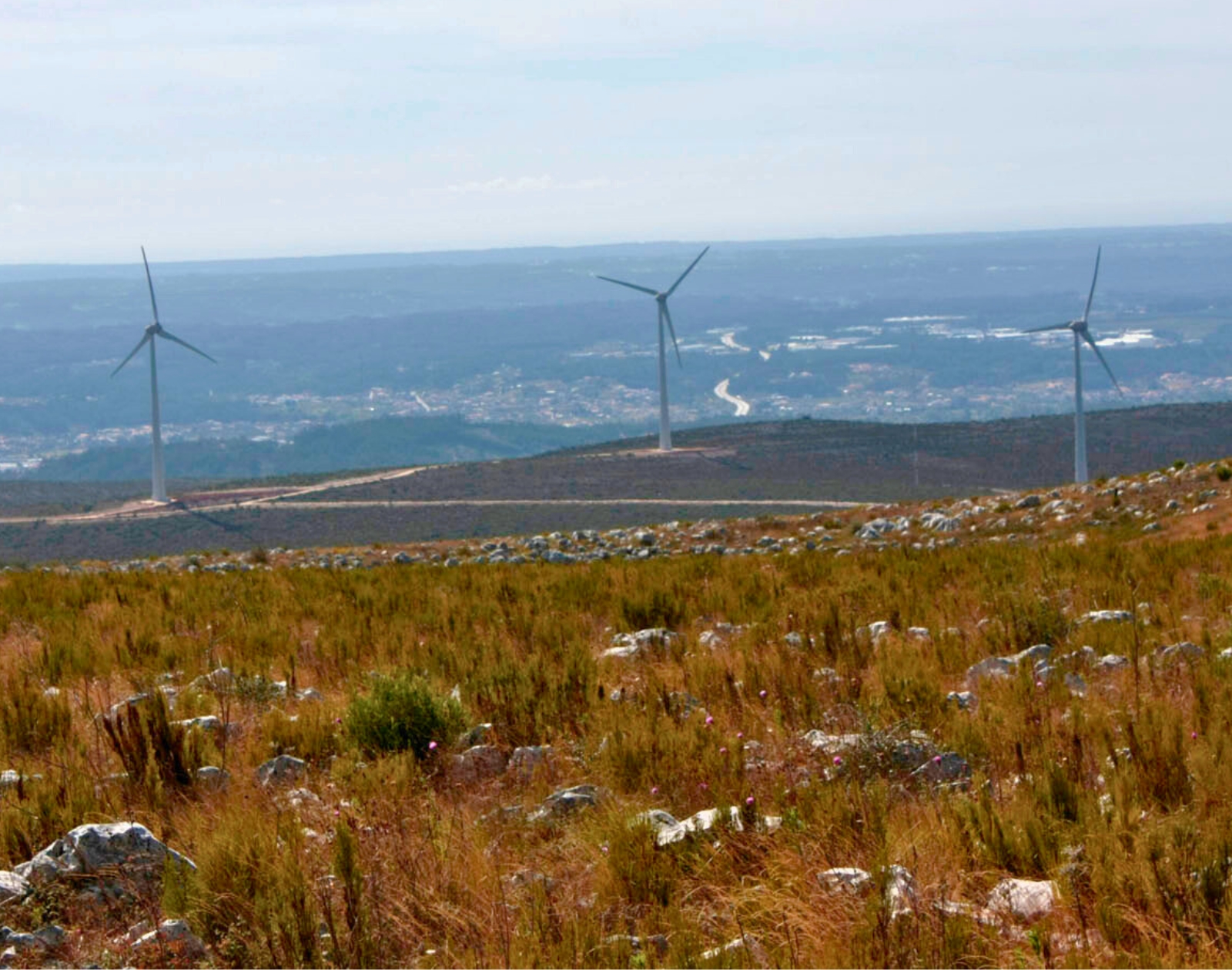
Wind turbines in the Serra do Seco area in Portugal / Photo: Jori Avlis – Flickr CC.
Portugal continues to be a good student in the energy transition. In 2023, the country recorded record electricity production from renewable sources, reaching 61% of its electricity mix. Impressive numbers, however, should not hide how much road remains to be covered.
Portuguese renewables are working well, thank you for that. Like Germany, where E&E rates have exceeded the 50% mark in the country's electricity mix, Portugal continues to make good progress towards carbon neutrality. In 2023, Portugal recorded 31.2 TWh of electricity produced from renewable sources, the highest level of renewable production ever recorded by the country.
Thanks to this record production, renewable energies dominate the Portuguese electricity mix by 61%. To reach this level, the country has been able to rely on an extensive wind farm that provides a quarter of the country's energy mix. Photovoltaics saw a staggering 43% increase in production, supported by increased installed capacity. Thus, its total amounted to 7% of the electricity mix. But it was hydropower that played a decisive role. The sector has witnessed an impressive recovery with an increase in production of almost 70%, after 2022, which witnessed record droughts. In 2023, the country's dams will provide 23% of the country's electricity mix. Finally, biomass completes renewable energy's 6% share of the mix.
Read also
How wind, solar and hydropower combine in Portugal
Portugal depends on its European neighbors
Portugal, as a major player in renewable energies in Europe and an introducer of offshore wind energy with the installation of its first floating wind turbine in 2019, is showing encouraging results, as evidenced by a weekend in November during which it was able to produce 100% of its needs. Electricity thanks to ENR.
Thanks to these results, electricity production from non-renewable sources represents only 19% of the country’s electricity mix, at about 10 terawatt-hours. This is the lowest level of non-renewable production since 1988. This reduced reliance on fossil fuels has also led to total natural gas consumption falling to its lowest level since 2014.
However, this value must be balanced against the fact that Portugal had to purchase the equivalent of 20% of its electricity mix from its European neighbours. Although the gas requirement was fairly low, it still represented approximately 49 TWh of energy. Finally, 95% of this natural gas is transported by sea, coming from countries such as Nigeria or the USA, which increases its environmental impact.






